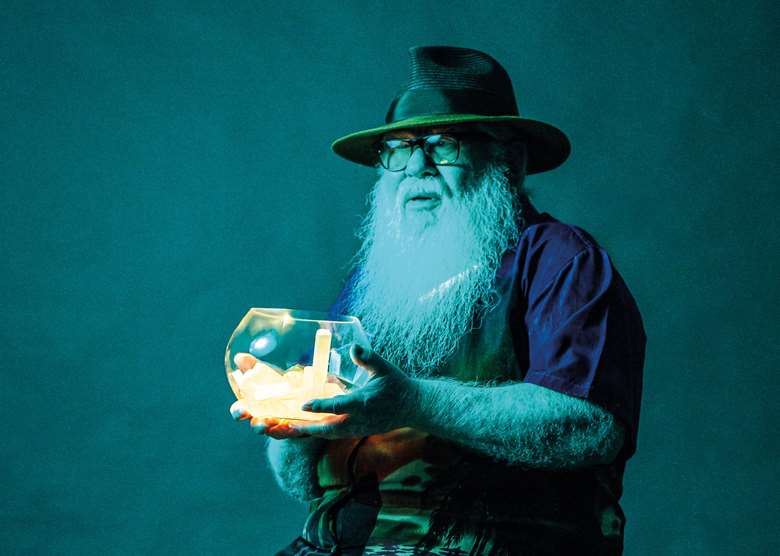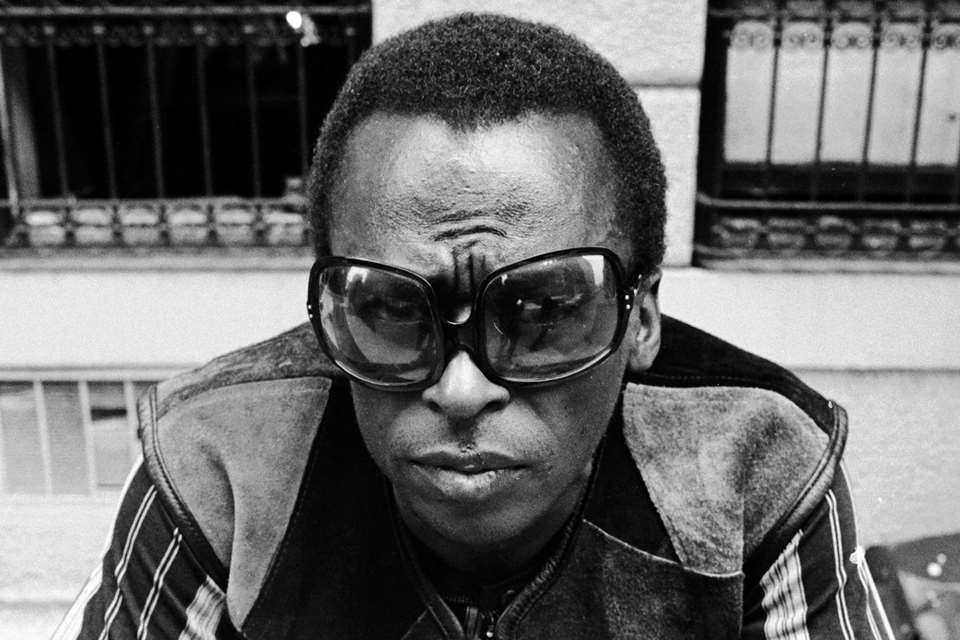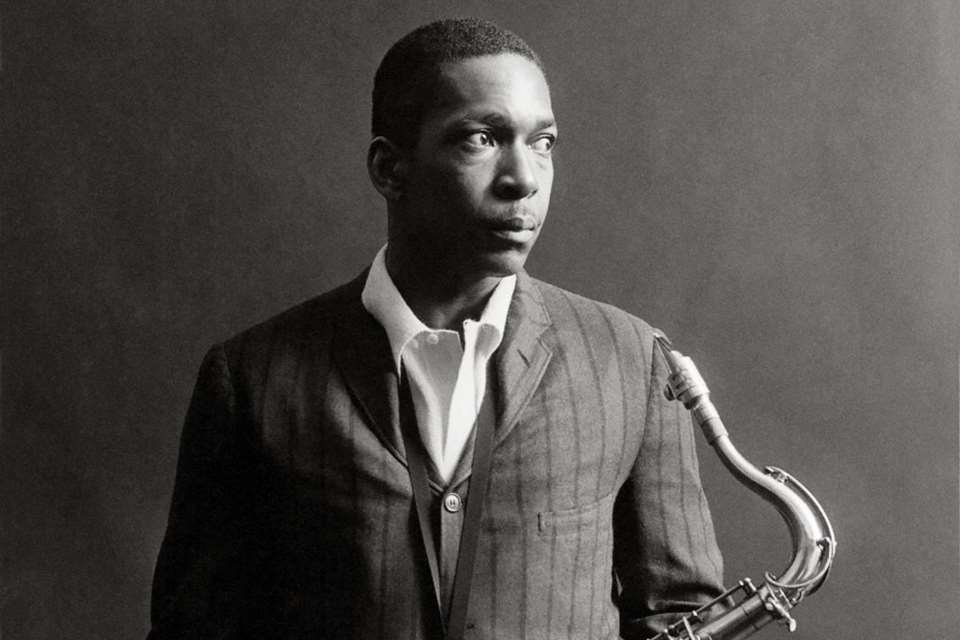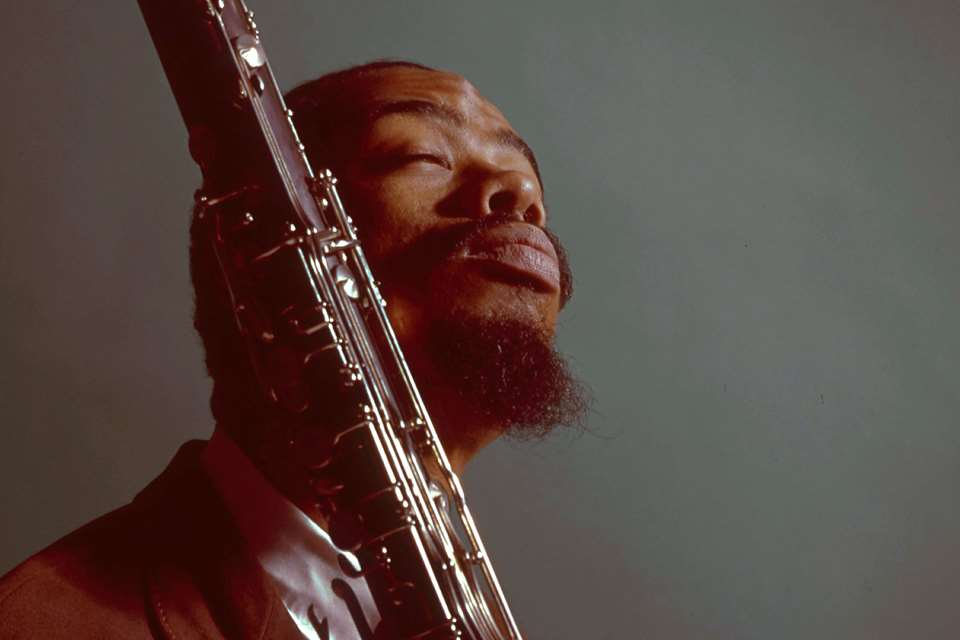Hermeto Pascoal interview: “Our bodies are resonating, we humans are a source of sound”
Kevin Le Gendre
Tuesday, May 24, 2022
Now aged 85, legendary Brazilian composer and multi-instrumentalist Hermeto Pascoal’s energy remains undimmed. Kevin Le Gendre spoke to him…


Register now to continue reading

Thank you for visiting Jazzwise.co.uk. Sign up for a free account today to enjoy the following benefits:
- Free access to 3 subscriber-only articles per month
- Unlimited access to our news, live reviews and artist pages
- Free email newsletter


